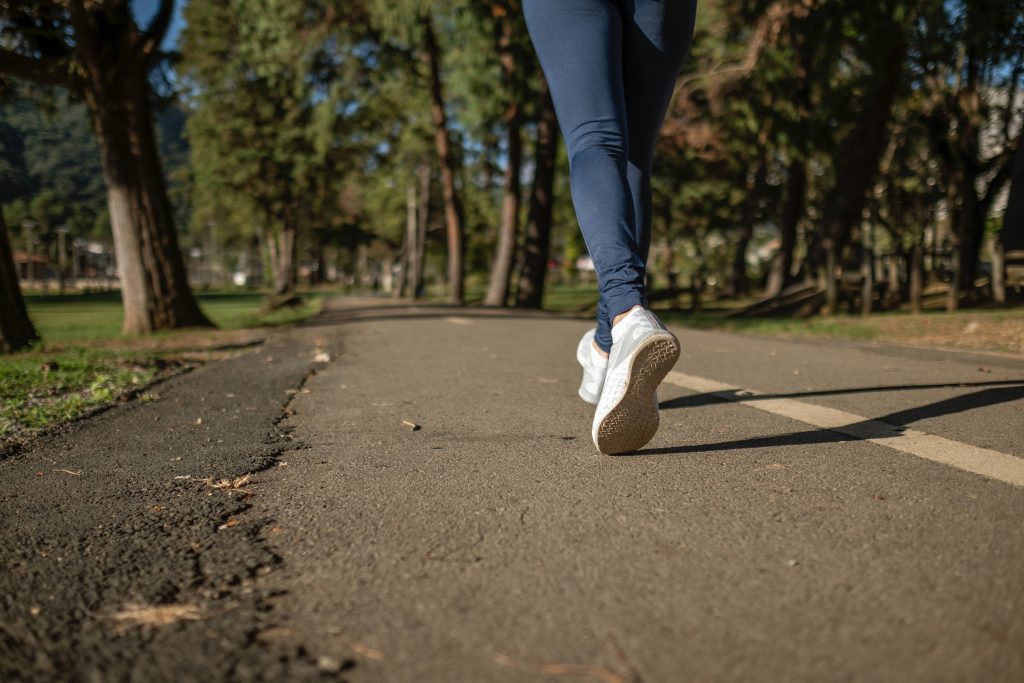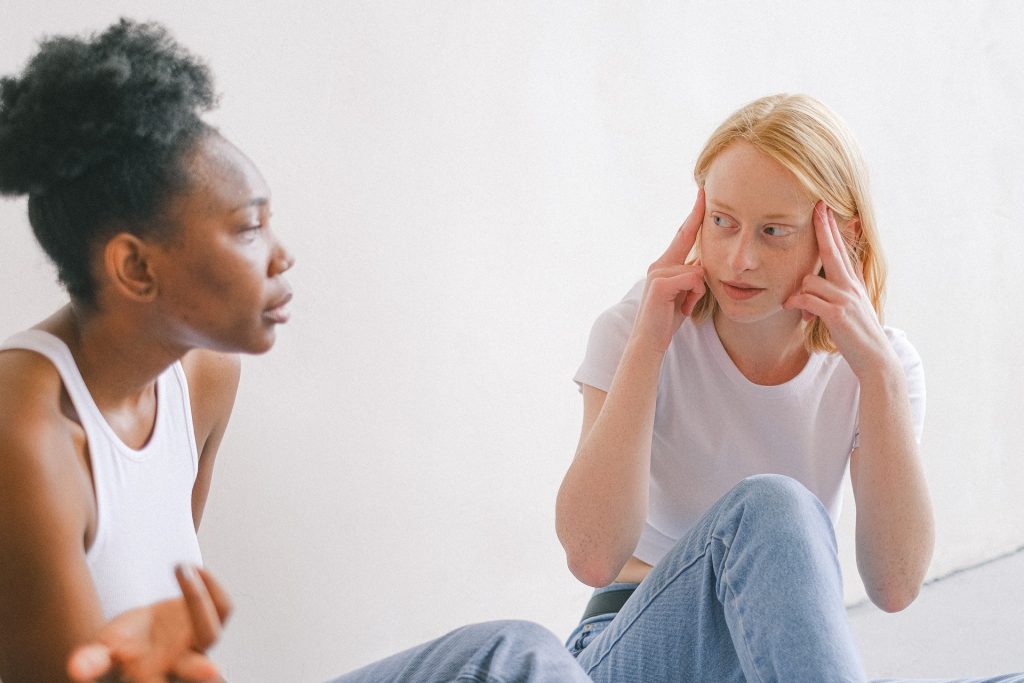4 Easy Ways To Help Reduce Stress
With health and economic issues impacting the world at the moment, stress and anxiety are a profound side-effect that can build and accumulate to cause plenty of issues in their own right. And while we might be doing relatively well in New Zealand in terms of our approach to the pandemic, we still aren’t immune to uncertainty.
As always, please do get professional help if things are getting to the point where you are feeling overwhelmed as nothing is a substitute for that but if you are experiencing mild levels of stress and anxiety, here are a few things that might help clear your mind and get you back on track.
Exercise Outdoors
Just about any walk or time spent outside moving can help to reduce stress by releasing endorphins but for maximum stress-reduction, a recent study says you should hit up a place with lots of green, like a park or a bush walk. This is due to something called “involuntary reflection”, which allows for the brain to enter a state of meditation of sorts. Walking in nature also helps to boost cognitive functioning and fight mental fatigue.

Drink Enough Water
Dehydration decreases cardiac output, which leads to less blood flow and oxygen for the brain, making you feel fatigued and stressed out. Aim to drink two to three litres of good quality water each day to help keep alert, focused and stress-free.
Eat Regularly and Well
This will help to keep your blood sugar levels steady and prevent fatigue, headaches and stress caused by low glucose levels. Eat well-balanced, nutrient-dense meals and snacks, and try to avoid consuming too much sugar and caffeine.

Help Others
It’s weird to think that one way to help yourself have less stress is to help others but it is actually a scientifically proven fact. A 2015 study from the journal Clinical Psychological Science had 77 adults keep a diary for two weeks about their daily stressors, and how often they helped others – everything from holding a door open for strangers to helping their kids with homework. They also rated their mental health for each day. In the end, they found that “helpers” felt less stressed (even though they still had plenty of stressors) and a lot happier than those who didn’t engage in what the researchers termed “prosocial behaviours”.

